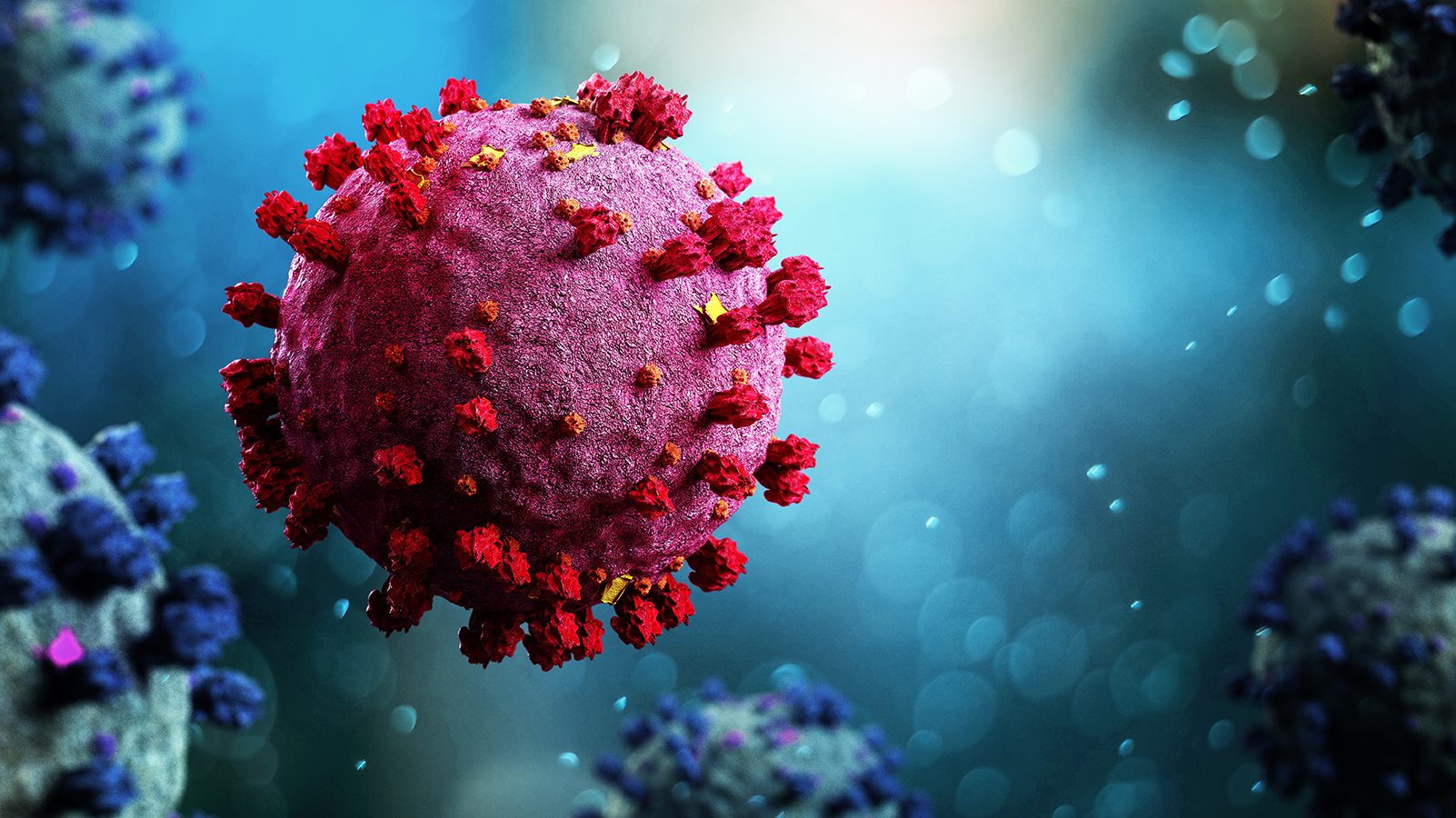Covid-19 will have lasting effects on workplace culture
Across an 18-month-long pandemic, workplace patterns shifted, and people re-discovered the importance of relationships. Many of these changes will become permanent.
Challenge:
The effects of Covid-19 have shifted workplace patterns and employee needs
Opportunity:
Workplace culture must adapt to prioritize improved communication
Impact:
Efforts to improve communication strengthen workplace collaboration
Wisdom Weavers
The Covid-19 pandemic will have lasting effects on workplace operations, perhaps most acutely on organizational communication and collaboration. The way that work gets done in many organizations has permanently changed. With 114 million people losing their jobs in 2020, the United Nations Global Goal of Decent Work and Economic Growth for all has faced a setback.
Due to many global lockdowns and the implementation of social distancing protocols, many workers have drastically altered how they function within the workplace. As the world begins to restabilize and find a ‘new normal,’ a question arises: which new workplace practices will benefit business in the future?
There has been a normalization of new workplace behaviors and work patterns
The wide-scale introduction of remote work has separated work from the workplace, and our Wisdom Weavers illuminated the contrasting views of whether these changes are beneficial or not.
Wisdom Weaver Dr. Stijn Broecke champions the increased sense of connectivity that remote work fosters.
You know, we can reach people all over the world…and that’s something that before the pandemic [had] never really crossed my mind that I could just set up a Zoom call with somebody in India or with somebody very easily. It used to be a big thing to do that, whereas now it seems to be something normal. And maybe that normalization is something good that we take away.

Priorities have shifted in order to accommodate new dynamics between people
Covid-19 and the lockdowns that ensued changed the way people approach work and how they function, leading companies to alter how they cater to employees’ needs.
Wisdom Weaver Donna Eiby has seen a shift in the way that workers interact.
[With] technologies, we’re going to do work and then suddenly the pandemic happened…we realize that we’re actually part of an actual system that is highly vulnerable. And then, the biggest theme of conversations I was having is the need for people to take care of their teams.

Donna also observed that shifts in workflow patterns and communication channels need to be supported to help people perform at their best in these new conditions.
We have gone from a very different demand in the market, which is really almost more around creativity and innovation to community, cultures of belonging, adaptive thinking, [and] collaboration. It’s completely changed overnight, literally in a month, it pivoted and people [and] organizations were asking for programs around humans connecting. How do we get a culture of belonging and a hybrid workforce?

Wisdom Weaver Dr. Marcus Ranney says that the way that businesses interact with their clients is different due to Covid-19.
It reinforced how important relationships are for business success.

The label of ‘essential worker’ gave a whole segment of society a newfound sense of feeling valued and noticed in previously overlooked jobs
There is an awareness now that certain jobs, which had been taken for granted, are necessary for everyday life.
Wisdom Weaver Dr. Dana Ardi says the label of ‘essential worker’ changed the way that workers found value in their jobs.
During the pandemic we labeled a whole group of individuals as essential workers. Right? The people, the clerks in the grocery stores, the people who are delivering [mail] all of a sudden…we saw them as heroes that were rescuing us…and, you know, it changed the perception of how the worker felt about themselves and about how we felt about a whole group of workers that always contributed to our lives.

The pandemic changed people at their core
Wisdom Weaver William Ayot observes that people became more reflective and committed to their relationships during the pandemic.
I think that we have been accessing a poetic side to ourselves, maybe not knowing what it is. But, certainly it’s been there and I’ve had some extraordinary interactions with people over the last nine months…with people who have been accessing things from an entirely different point of view. They’re far less transactional, they’re far more relational, and they’re far more willing and open to have conversations that kind of go off anywhere but then come into something meaningful at the end and I think that’s very hopeful really.

Coaching Empowers People
The sheer amount of change that occurred during the pandemic was overwhelming for many. Coaching is a mechanism that helps people adapt to change by learning more about their inner strengths and ways to positively adapt to change. Employers and employees alike will need to adjust to a post-pandemic world that is still unfolding. Coaches can help leaders and their teams develop constructive communication channels that foster collaborative learning through difficult times.




